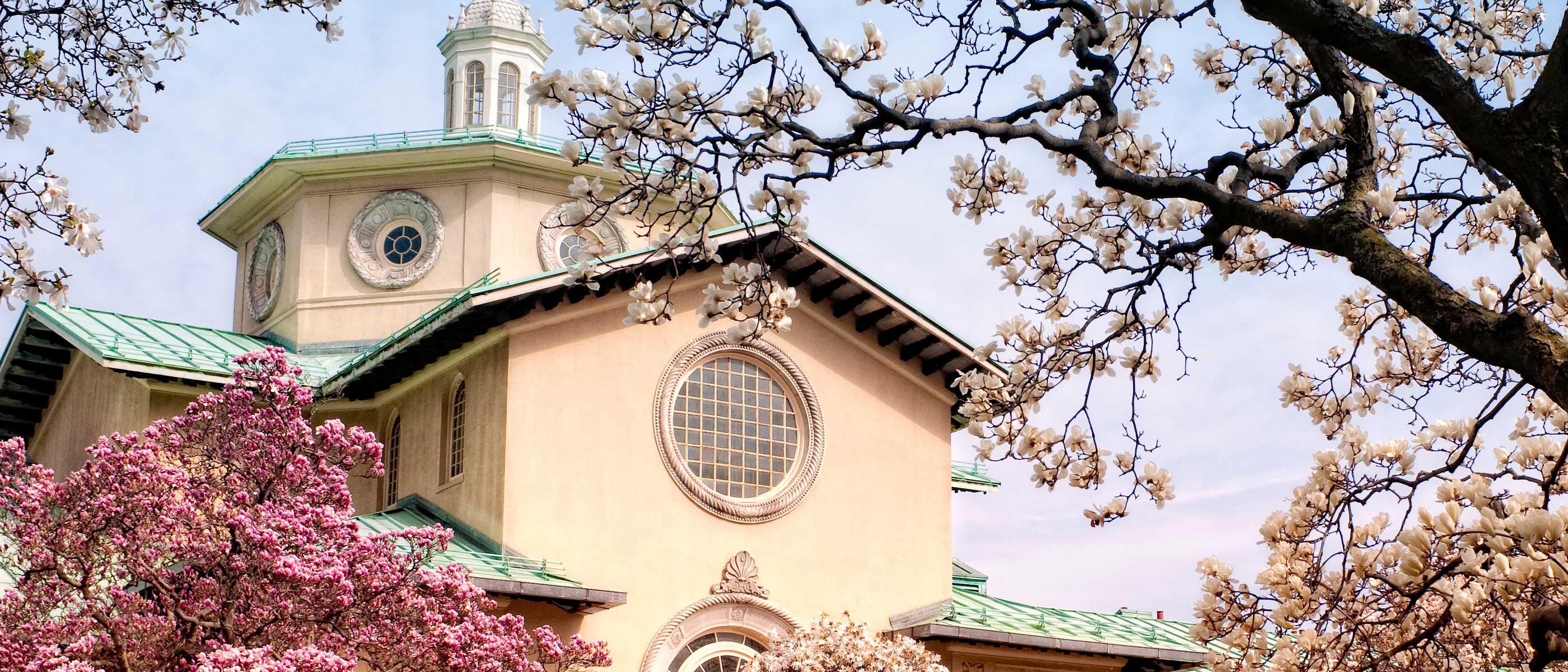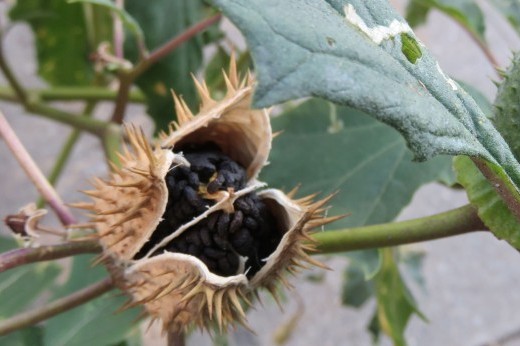As distasteful to the nose as it is to the eyes
Its odor’s designed to attract pesky flies
Insects feed on the slimy stalk
And spread its spores around the block
A member of family Phallaceae and Mutinus genus Most would agree that it looks like a…
It’s that time of year again. The air is crisp, the leaves are beginning to turn, and gardeners and park visitors all over Brooklyn are gasping in horror at the shockingly erect—and putrid smelling—stalks poking out of the mulch. Mutinus elegans, a very distinctive species of mushroom, is showing up in shady, damp mulch and compost piles in parks, gardens, and backyards. This phallic fungus, known as the elegant stinkhorn, dog stinkhorn, or devil’s dipstick, is stinky for a reason. Its smell is important for its unusual means of distributing spores.
Unlike typical mushrooms, which depend on wind to distribute their spores, the stinkhorn uses insects. After sprouting from an egglike bulb, the orange or red stalks produce a slimy, carrion-scented spore coating near the tip. Flies are attracted to the scent, and after feeding on it, they fly off and dispense the spores wherever they land. Should your garden be afflicted with stinkhorns, take comfort in the fact that their reign is pretty short-lived. They’re not poisonous, so you can just let them be, and those spongy, hollow stalks will shrivel a day or two after their quick growth spurt.
More: Giant hogweed is a noxious plant with huge, beautiful lace-like flowers. Lean to i.d. it and please don't touch it!
Today, the appearance of Mutinus elegans elicits a chuckle, but in the Victorian era, their erect shoots could be seriously distressing to chaste and honorable ladies. The story goes that Charles Darwin’s eldest daughter, Etty, was openly combative toward the fungi. Armed with a spear, she would roam the woods sniffing out the offensive stalks. As recalled by her niece, she would find one and “poke his putrid carcass into her basket.” Then, after cleansing the territory, she would secretly burn the fungi in order to protect “the morals of the maids.”
Etty would probably not appreciate Cornell University’s time-lapse video of a stinkhorn’s growth and decay, but you might!



